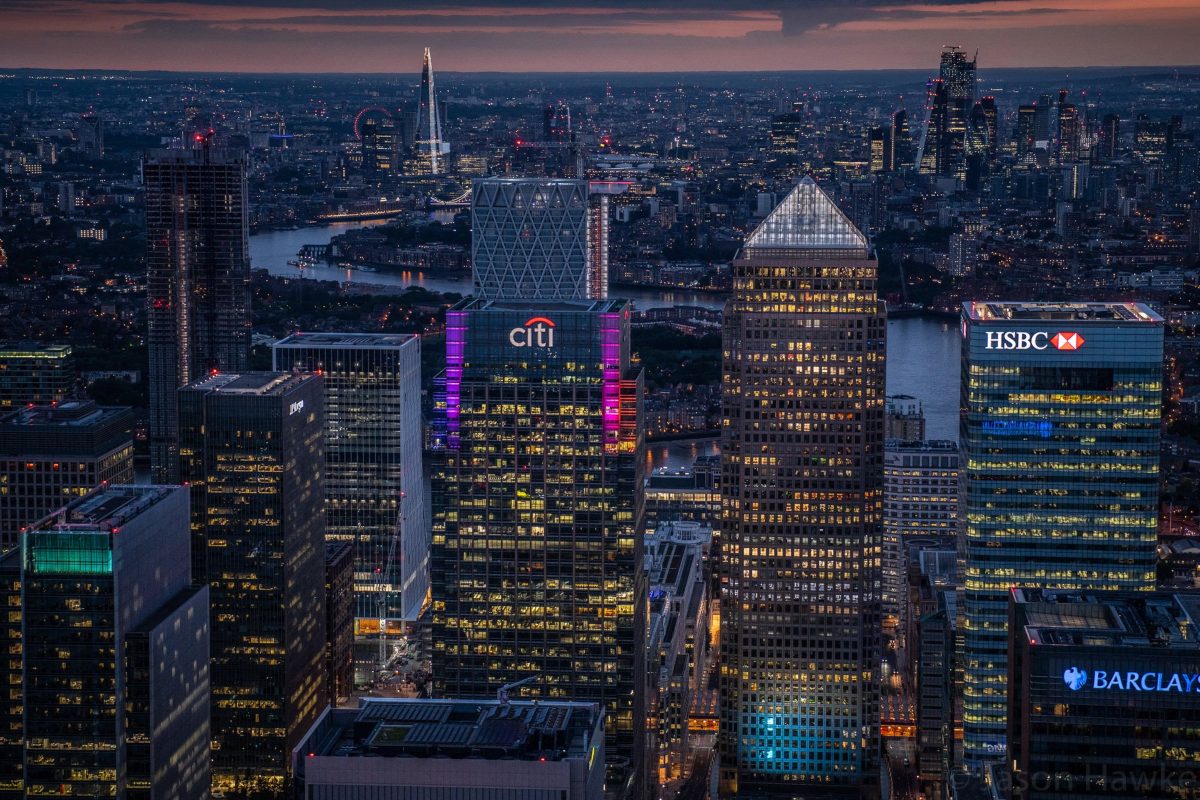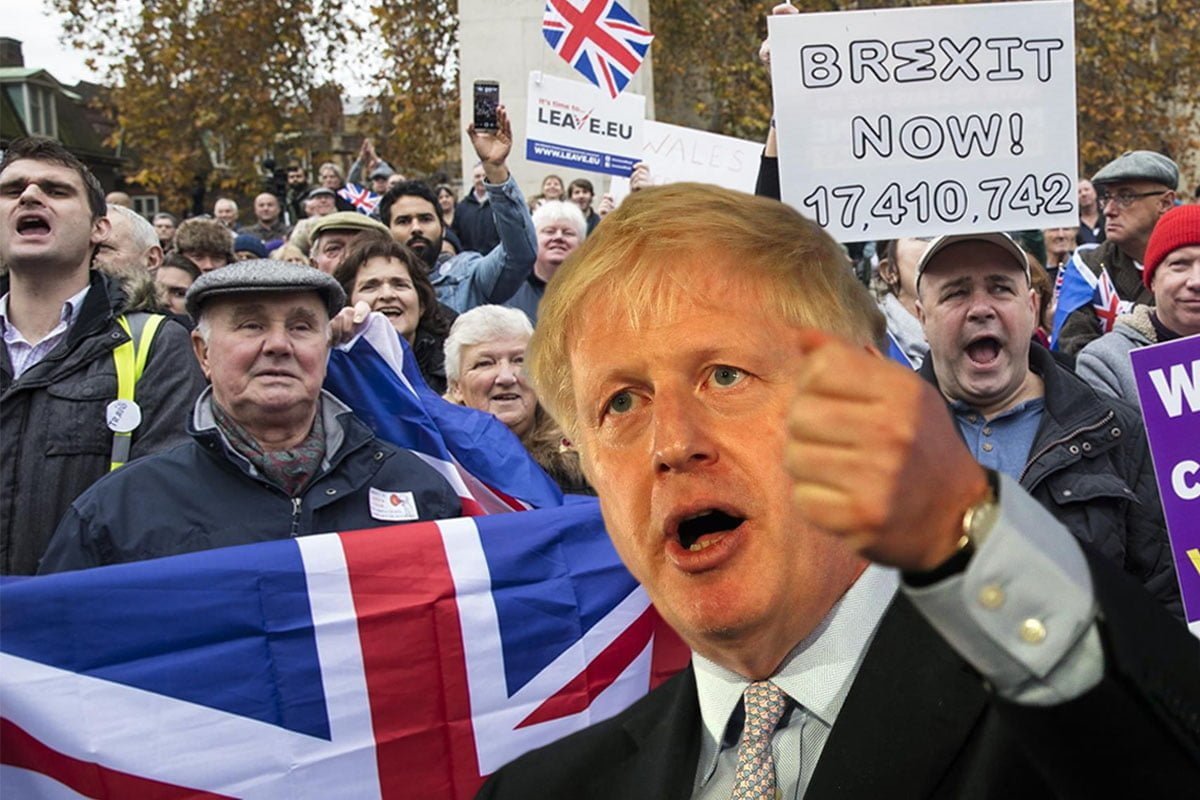Back in January, Jacob Rees-Mogg hailed the most important details of the newly signed Brexit deal. “The key thing is we’ve got our fish back,” exclaimed the Honourable Member for the 18th century, “They’re now British fish and they’re better and happier fish for it.”
Two months on and the question everyone is asking is: how are our red, white and blue fish getting along? Not too well, I’m afraid. The fishing is good. The problem is, it’s the wrong fish!
At this time of year cuttlefish are the main catch, most of which are sold to Europe. But while fishermen are trawling more fish than ever, the pesky Europeans just aren’t buying it in the quantities they used to.
There’s only one thing to do. Forget cod or haddock, if you want to make Brexit a success, the patriotic thing to do when you’re next at the chippy is to order rouille de seiche with deep-fried pommes de terre, and make sure you ask for it with British cuttlefish!
But besides the fish, how are the other details of Brexit going? It’s better that you don’t ask. From conflicts over vaccines, financial services, to the Northern Ireland Protocol, relations with the EU have quickly soured.
Outside of Europe, the Tory government is discovering for itself something that has been common knowledge for generations: Britain is a third rate capitalist power with little to bargain with.
EU targets London
 The British capitalist class today is undoubtedly the most parasitic and shortsighted in the world. Since the 1970s, they have been happy to put manufacturing to the wall and have sought other ways to get rich. Their thinking is: why invest money in production, when quick profits could be made from financial speculation? So they staked everything on the finance industry.
The British capitalist class today is undoubtedly the most parasitic and shortsighted in the world. Since the 1970s, they have been happy to put manufacturing to the wall and have sought other ways to get rich. Their thinking is: why invest money in production, when quick profits could be made from financial speculation? So they staked everything on the finance industry.
The libertarians of the Tory Brexit camp took this logic to its conclusion: let’s get out of Europe, strip away all regulations to the financial giants, and watch as they rake it in. It was a Singapore-on-Thames utopia.
The EU however, has other plans. Boris failed to get a deal on the question of financial services and now British diplomats are scrabbling around, pleading for the EU to grant them regulatory ‘equivalence’ when trading in Europe. But the ruling classes in Europe are asking themselves, “why should we?”
Every day that passes, financial giants are moving their assets and operations out of London to the financial capitals of Europe. Already this year, Amsterdam has surpassed London as Europe’s largest share trading centre.
In December 2020, only a little over €2 billion worth of shares were traded daily in Amsterdam. That leapt to over €9 billion a day in January. Paris, Dublin, Frankfurt and Milan have also had a fillip in trading volume at London’s expense. Meanwhile, London fell back from about €14.5 billion to €8.6 billion a day.
Derivatives trading and carbon emissions trading are also hot-footing it to Amsterdam and elsewhere, with EU regulators exerting pressure on the continent’s largest banks to make the switch. Meanwhile New York saw its share of euro-denominated interest rate swaps double from December to January. $200 billion of daily interest rate swaps are affected by Brexit.
All of this is on top of £1.2 trillion of assets that have already been transferred from Britain to the capitals of Europe since the 2016 referendum vote.
Of course, working-class people will care little where these parasites engage in their orgies of speculation. But for the Brexiteers in the ruling class, this was the whole point of getting out of Europe to begin with!
The City of London is leaking business and trade left, right and centre. The British government is waving its arms in panic, but the EU are in no hurry to throw them a lifeline any time soon. If the British government wants to rub their nose in it over the vaccine debacle, the EU is going to make sure no one thinks it’s plain sailing for anyone who chooses to leave their club.
A power diminished
The Financial Times has a word of advice for the Tory government: “Britain must adjust to a power imbalance in its own backyard, to learn to play the game like the smaller guy.”
The message is clear: Britain is not the imperialist power it once was, with the power to bargain with power blocs like the EU on anything approaching an equal footing.
But there’s no sign that reality is going to hit home any time soon for the Tory leadership. Just recently, the government unilaterally announced that they will be extending the grace period for checks on goods crossing the sea border to and from Ireland.
This is a move that is unlikely to go unchallenged. And the EU has a host of means – including punitive tariffs – to make their displeasure known.
Michael Gove reassured MPs: “When an aeroplane takes off, you sometimes get an increased level of turbulence. Eventually the crew tell you to take your seats belts off, and enjoy a gin and tonic and peanuts. We’re not at the gin and tonic and peanuts stage yet.”
In response, one EU official quipped: “The UK pilot may have had a few G&Ts before taking off.”
“We’re not at the gin and tonic and peanuts stage yet.” One EU official wonders what Gove expected from Brexit: “The UK pilot may have had a few G&Ts before taking off.” – Gove on Brexit. Speechless by the idiocracy.
????https://t.co/ToQtegVHwz— Michael Brenner (@ContentContext1) February 18, 2021
Two months into Brexit and it’s clear the deal is a recipe for escalating tensions between Britain and the EU – a situation described by one EU official as a state of ‘permanent alert’. And in the ongoing wranglings, it’s the EU that holds all the cards.
We may well agree with the EU official that the British ruling class appear to be drunk at the wheel. But in this grubby clash of interests, neither side represents the interests of the working class – in Britain or in the rest of Europe.






